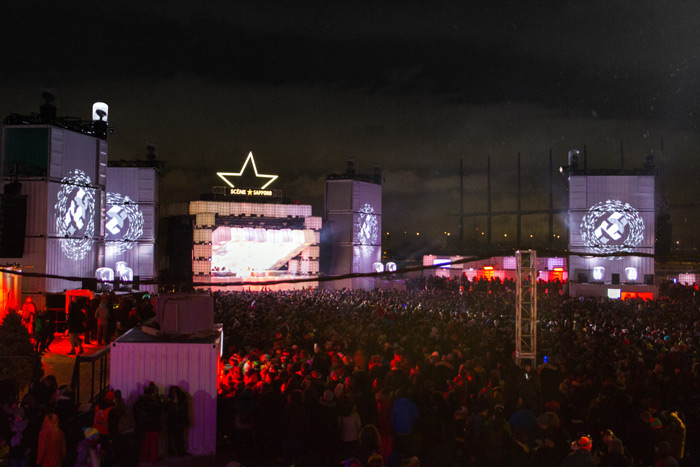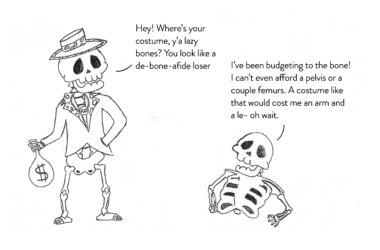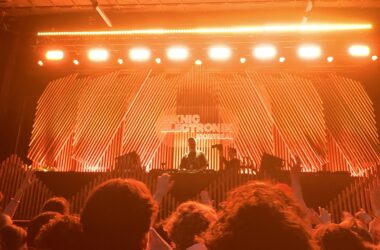Every winter since 2006, Igloofest has provided Montrealers with the largest, rowdiest month-long party to occur at the Old Port. At the heart of the thumping beats and dancing people is Nicholas Cournoyer, the executive producer of the festival. Along with co-founder Pascal Lefebvre, Cournoyer thought of creating a festival in the middle of winter after he founded another staple of the Montreal music scene—Piknic Electronik. Piknic Electronik is an electronic music festival that occurs every Sunday at Parc Jean-Drapeau from May to October.
“What came first [before Igloofest] was Piknic Electronik,” Cournoyer said. “[….] After two years [of Piknic], we were thinking, ‘There are people that want to have electronic music in a different environment, what can we do differently?’ We started brainstorming on doing things and we ended up on the idea, ‘Let’s do this in the wintertime!’ And at first, we laughed, [but] in the end we thought, why not?”
[metaslider id=50201]
Before officially putting on the first Igloofest, the Piknic Electronik crew held two editions of its “semi-predecessor” at Lac des Cygnes at Fête des Neiges. They were equally successful as the summer festival, with the first event attracting 1,200 people and the second achieving an attendance of 1,500 people. The success of these trial runs gave Cournoyer and his Piknic Electronik team the confidence they needed to create Igloofest.
Creating this massive winter electronic festival does not come without its challenges, the first and most obvious being its temporal setting: The dead of winter. The low temperatures are a physical strain for both attendees and organizers.
“Weather forecast for Piknic can be a problem […,] but the variety of weather challenges are bigger during the wintertime,” Cournoyer said. “The other thing is, [dragging] people out in the wintertime is more tough than in the summertime, […] there’s people that have heard about the event, but will never make the move [….Another thing is] all the employees’ situation in cold weather, […] it’s physically more demanding. If you work the same amount of hours during the summertime [compared to] the wintertime, you won’t have the same fatigue.”
Another logistical problem for Igloofest as it became a bigger event, was its unexpected popularity. Cournoyer and his team struggled to manage the increasing fanbase of Igloofest—tickets selling out at accelerating paces meant more fans got upset by their inability to buy tickets.
“We had some sold-out shows in the beginning […] and [one] would say, ‘It’s a good thing to have sold out shows,’ but you have to manage how people that won’t be able to make it […] would react,” Cournoyer said. “In the first few years, we had [a DJ named] Modeselektor, there were sold-out shows and we were happy, but people were going nuts and just jumping over the fence. So [we needed] to prepare the security guys. And people were walking on the ice and [trying to] come to the backstage to try to go in. [People] went nuts.”
This year, in celebration of Montreal’s 375th anniversary, Igloofest has teamed up with other organizers of winter events, with hopes of building bridges across the city. Cournoyer and his team are sharing their experience with Igloofest by helping out other /Hivernales/ events, such as Barbegazi—an extreme sports competition that occurred on Jan. 9—and Jeux Nordik—a comical obstacle course based on winter life in Montreal that will happen during the weekends of Feb. 11 and 18. The growing presence of Igloofest in the Montreal winter festival scene is sign of their essential role in the city. The organizers are very content with the improvements the event has seen over the years.
“We improved the sonography [of Igloofest] a lot this year, we invested a lot,” Cournoyer said. And the show is awesome. […] It’s really more immersive, it’s incredible, it’s perfect.”









